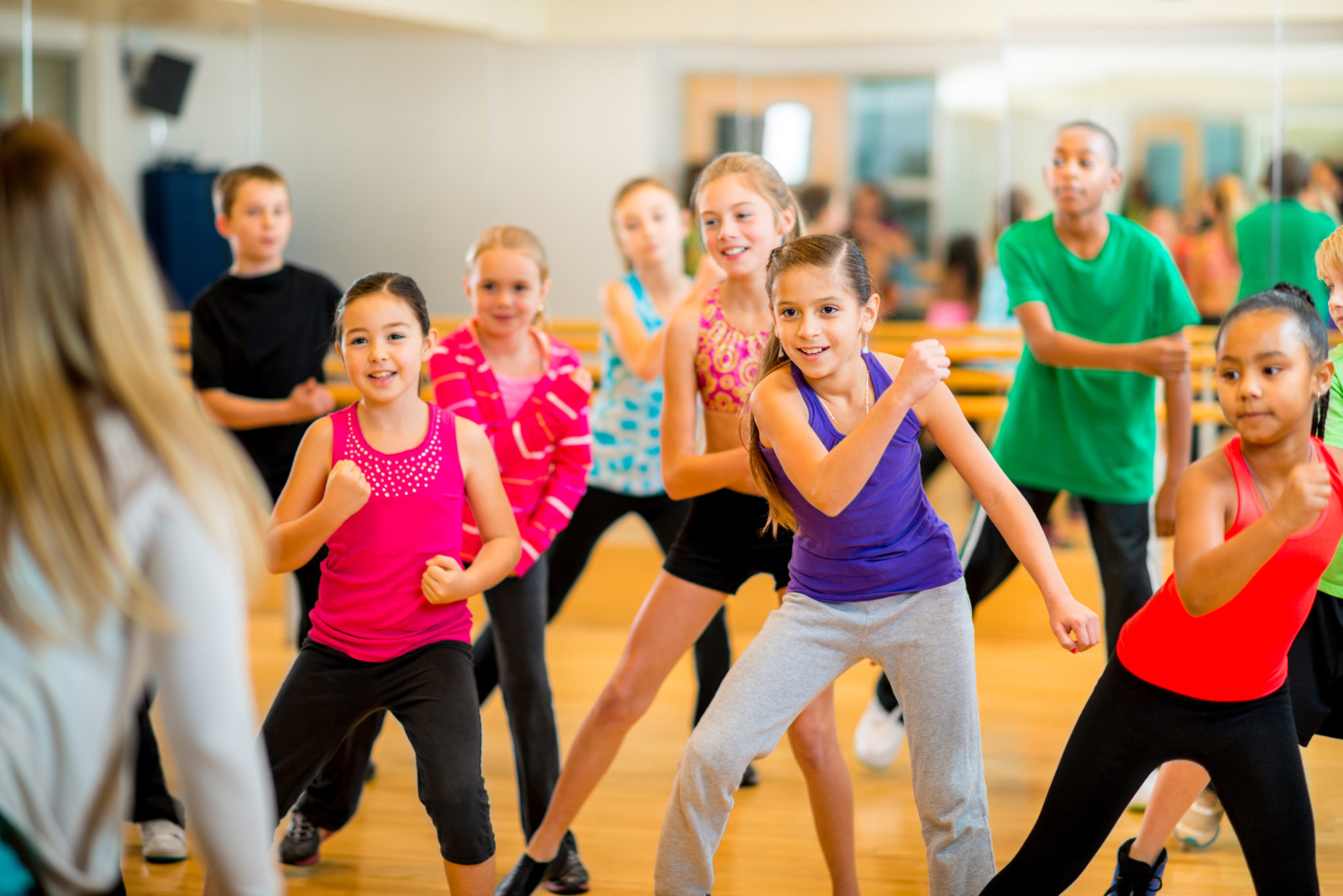Another examination by the University of Bristol will test whether teenage girls activity levels can be expanded through consider intercession from their peers, instead of their families or educators. The examination will test the peer power approach with over 1,000 Year 9 girls from 20 schools.
It is expected that the intervention will help address concerns that most immature girls in the UK don’t meet government physical activity proposals of completing an hour of direct to enthusiastic physical activity every day.
The study will assess whether the PLAN-A (Peer-Led physical Activity Intervention for Adolescent girls) intervention is effective at addressing the steep reduction seen in girls’ physical activity as they move through their teenage years.
A similar study on the six secondary schools and over 400 female pupils has indicated promising outcomes, with girls completing an additional six minutes of direct to overwhelming physical activity and cutting their inactive time by 23 minutes for each day.
It likewise demonstrated the broad intercession was enjoyed by pupils, parents, and teachers and that it could stem the decrease in adolescent girls‘ physical movement and be effective.
Professor Russ Jago, from the University of Bristol’s Centre for Exercise, Nutrition and Health Sciences in the School for Policy Studies, said, “The influence of peers during adolescence is very strong, and the PLAN-A has the potential to harness this to address low levels of physical activity amongst girls. We are excited to test the effectiveness and cost-effectiveness of the intervention more widely.”
Dr. Simon Sebire said, “We carefully co-designed the PLAN-A intervention with teenage girls and as a result peer-supporters subtly and positively support their friends to be active in their own way. If effective, PLAN-A could be rolled out to schools as part of their work to help young people be more active.”
“The PLAN-A project is really exciting because it will help identify how positive peer power could be used to influence the behavior of teenage girls and keep them active. The lessons we learn will benefit girls across the country.”
The PLAN-A project (Peer-Led physical Activity Intervention for Adolescent girls) is run in collaboration with colleagues in the Centre for Public Health and the Bristol Randomised Trials Collaboration in the University of Bristol’s Medical School.
